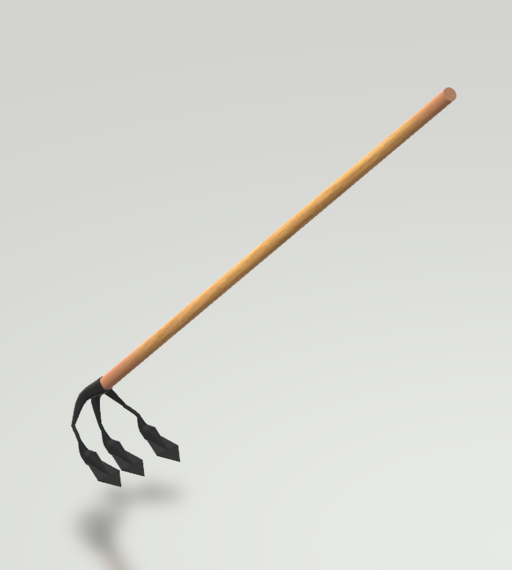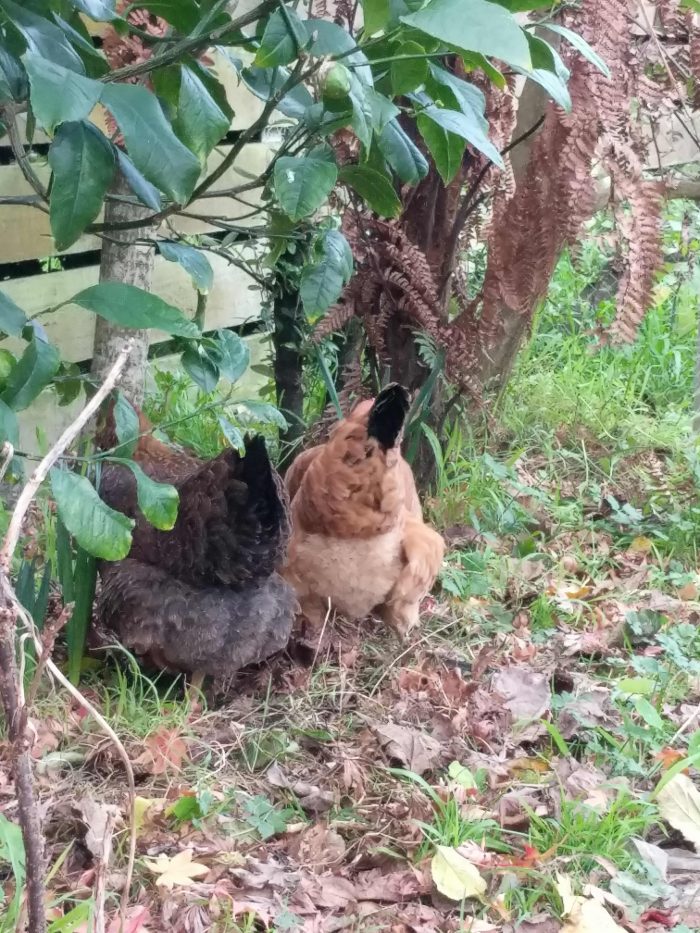Of late I have been reading a good many gardening books, and a good many of them use scientific nomenclature for plants. This is to avoid confusion – or at least it would be if those in charge of said nomenclature didn’t keep changing the names between books. Still, once you have a bit of Latin (and occasionally Greek) under your belt, you have a nifty resource for extracting information about the plant in question.
The first part of the name is the surname or family name; and the second part is the specific species name. To give you an example, if I was a plant I would be Makarios deborah, or, if members of the family Makarios were the subject of discussion, just M. deborah.
Camellia sinensis, to give you an actual plant example, is a camellia from China, and is the plant that produces tea. Camellia japonica, on the other hand, is from Japan, and… also tea. If you like. It is said to be higher in caffeine and lower in tannin, so if you need to absorb iron but also stay awake all night, Camellia japonica tea may be for you.



